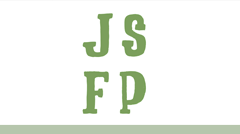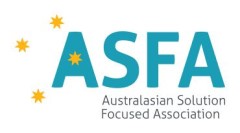Abstract
Wittgenstein holds a special place in Solution-Focused Brief Therapy due, in no
small part, to his idea that" ... problems are solved in the literal sense ofthe word -dissolvedlikealumpofsugarinwater"(2005,§421).1 Inthelasttwentyyears
there has been renewed interest by philosophers in Wittgenstein due to a relative ly new perspective on his work known as the 'resolute reading' or the New Witt genstein (Read & Crary, 2000; Fischer, 2011). This is the idea that Wittgenstein's work can be looked upon as primarily a form of therapy for untangling knots or conceptual confusions in our thinking generated by philosophical assumptions, in order that we might be more attuned to the world and each other. 2 There is also a more subtle version of this, known as the 'elucidatory reading', which says not only are we more present as a result of this philosophical therapy, but we are also more aware of what gets us into philosophical knots (Hutto, 2003/2006). This may be of some interest to psychotherapists as they also have interest in dissolving problems so that people can get on with their lives more harmoniously. This, the first of two papers overviewing Wittgenstein's work, focuses on his early work and life.
Recommended Citation
Drury, Nick
(2014)
"A Taste of Wittgenstein SFBT. 1: The Tractatus*,"
Journal of Solution Focused Practices: Vol. 1:
Iss.
1, Article 4.
Available at:
https://oasis.library.unlv.edu/journalsfp/vol1/iss1/4




